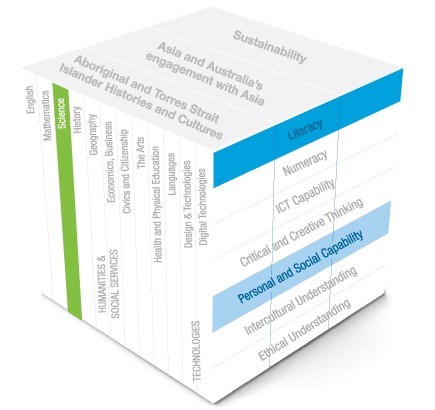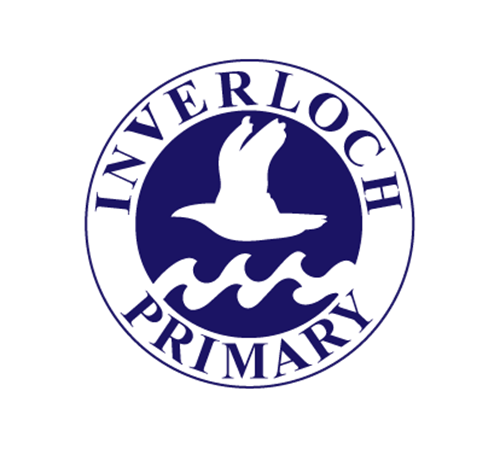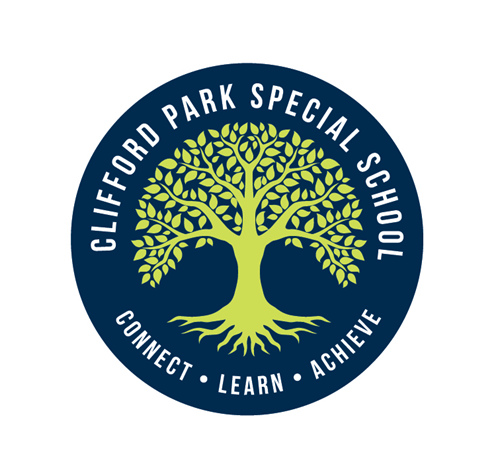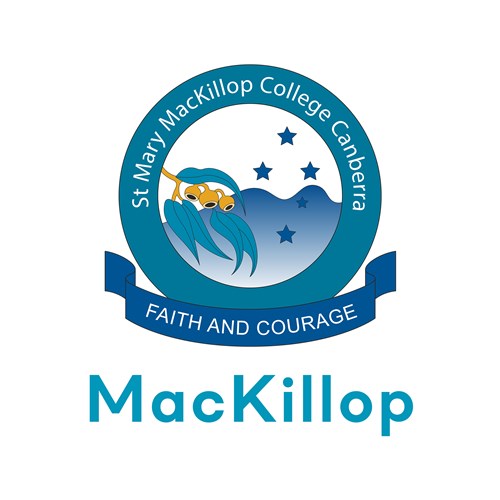Science: Multicellular organisms
Introduction
Canberra Girls Grammar School (CGGS) aims to develop students from Foundation to Year 12 to become independent, reflective, lifelong learners. The CGGS community believes that science is an integral part of daily life that is relevant to everyone. CGGS Guide to Courses Year 7–8 states, “A knowledge and understanding of science is vital for all students so they can understand the world in which they live, value the systems and processes that support life on our planet, and take an active and informed role in their society” (CGGS, 2018, p. 22).
In this Year 8 Science illustration of practice, learning activities about body systems were designed around age-appropriate content, taking the individual needs of students into account.
While not a regular practice, for this lesson the students were organised into ability groups to optimise opportunities for all students to demonstrate the full extent of their skills, knowledge and understanding of body systems. The teacher adjusted the pace of instruction to provide repetition and reinforcement as required.
- What strategies were used by the teacher to ensure that students were not disadvantaged when working with age-appropriate content?
- The teacher referred to some ways that opportunities were provided for students to create deeper understanding and build knowledge outside the task requirement. What actions and or words were used by the teacher to convey this?
- In this illustration of practice, what evidence was available to inform the teacher about the levels of student progress?
- Teachers can place different configurations of students in classroom instructional groups, assign the groups different learning goals and tasks, evaluate student performance in different ways and maintain group membership for different periods of time. How do you use groups to support the differentiated needs of students?
Similar illustrations of practice
Copyright
These illustrations of personalised learning are not licensed under the creative commons license used for other material on the Australian Curriculum website. Instead, you may view, download, display, reproduce, and distribute these materials in unaltered form only for your personal, non-commercial educational purposes or for the non-commercial educational purposes of your organisation, provided that you retain this copyright notice. This means you cannot edit, modify or adapt any of these materials and you cannot sub-license any of these materials to others. Apart from any uses permitted under the Copyright Act 1968 (Cth), and those explicitly granted above, all other rights are reserved by ACARA.







